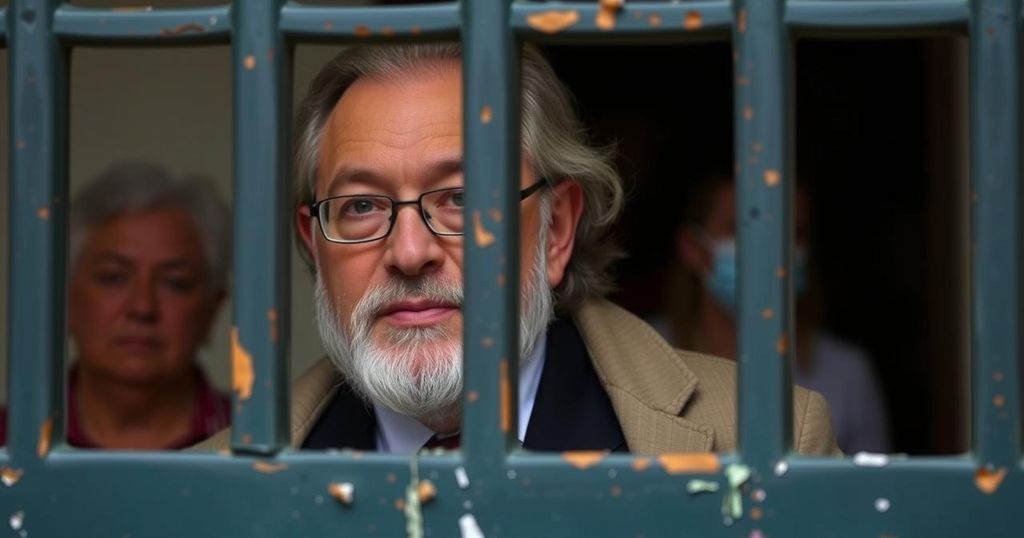Iran demands a prisoner swap involving jailed Italian journalist Cecilia Sala, whose release it ties to Italy’s handling of Iranian detainee Mohammad Abedini. Sala faces solitary confinement without formal charges. The Italian government is under pressure to negotiate her release while navigating complex diplomatic relations with Iran and the United States.
Iran has communicated to Italy that the release of jailed Italian journalist, Cecilia Sala, hinges on Italy’s decision regarding the extradition of Iranian national Mohammad Abedini Najafabadi, who was arrested at the request of the United States. Sala, aged 29, has been detained in solitary confinement under undisclosed charges while having valid press credentials. According to sources, Iran is amenable to releasing her on humanitarian grounds if Italy ceases extradition proceedings against Abedini, who is accused of providing technology for a drone attack that resulted in the death of U.S. soldiers.
Sala has reported severely adverse conditions in her detention, including inadequate care and lack of proper facilities. Despite a lack of formal charges against her, Italian officials remain cautious in public statements about her case, which they describe as complex. Italian authorities are committed to pursuing all channels of dialogue to secure her release, while they remain mindful of the sensitivities involved with Iran and the implications of escalating tensions.
The timing of Sala’s arrest, shortly after Abedini’s detainment in Italy, suggests a correlation between the two cases, although Italian officials have refrained from making explicit connections. Increased public pressure on the Italian government has resulted in heightened diplomatic discourse demanding Sala’s release, although officials have not confirmed whether they will agree to Iran’s exchange conditions.
The situation surrounding Cecilia Sala’s detention in Iran highlights the geopolitical tensions between Italy and Iran, exacerbated by the United States’ involvement. The ongoing negotiations, complicated by the U.S. request for Abedini’s extradition, underscore the delicate balance Italian authorities must maintain in securing Sala’s freedom while satisfying international diplomatic pressures. Sala’s case further illuminates concerns regarding the treatment of foreign journalists within Iran’s legal system, and the lack of transparency in legal proceedings in such politically charged environments.
In summary, the case of Cecilia Sala embodies the intricate interplay of diplomatic negotiations, national security considerations, and the implications of foreign policy in obtaining the release of individuals detained under complex circumstances. While Iranian officials have articulated conditions for her release, the reactions from Italian authorities reflect a careful approach aimed at balancing high-stakes diplomacy with public demand for accountability and human rights. The outcomes of these negotiations could set important precedents for international relations involving prisoner exchanges and the treatment of journalists abroad.
Original Source: www.iranintl.com






